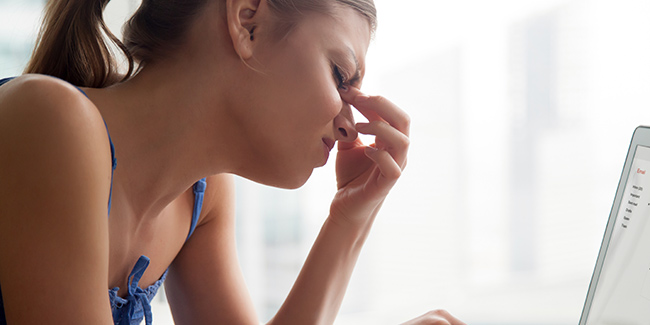
It is well known that high blood pressure (hypertension) increases your risk of heart attack, other heart disease, stroke and kidney disease. But do you untreated high blood pressure can also affect your eyes.
Table of Content:-

High blood pressure leads to damage of the blood vessels in the retina. Retina is the part of the eye where images of the object you see are formed. Eye disease caused due to hypertension is known as hypertensive retinopathy.
The severity of eye disease is related to the level of blood pressure control that is higher the blood pressure higher is the risk of complications in eyes and eye sight. The damage to the eyes is more serious if hypertension is not well treated.
What are the symptoms of hypertensive retinopathy?
Most patients with hypertension do not have any symptoms related to eyes or vision. In most patients hypertensive retinopathy or changes in the eyes due to high blood pressure is found on routine eye exam.
Symptoms of hypertensive retinopathy may occur in some patients and includes:
- Headaches
- Vision problems
How is hypertensive retinopathy diagnosed?
Hypertensive retinopathy or changes in the eyes due to high blood pressure is mostly diagnosed during routine eye exam.
Some common signs of retinopathy include:
- Narrowing of blood vessels in the retina.
- Oozing of fluids from the blood vessels in the retina.
- Cotton wool spots and hard exudates on the retina
- Swelling or edema of the macula and optic nerve.
- Bleeding in the back of the eye.
How is hypertensive retinopathy treated?
If you want to prevent complications in the eye due to hypertension have your blood pressure checked regularly and take your medications as advised by your doctor. Do not stop or change treatment for high blood pressure without consulting your doctor. Besides medications for high blood pressure lifestyle changes that are recommended include:
- Diet changes- Include plenty of fruits, vegetables and whole grain foods in your diet. Use low fat dairy products. Avoid foods that contain trans fats and saturated fats.
- Limit salt intake to less than 1600mg/day.
- Do exercises regularly.
- Limit alcohol consumption and avoid smoking.
- If you are obese try to reduce your weight and aim for BMI between 18.5–24.9 kg/m2.
Remember that the best way to prevent and treat complications of hypertension is to adequately control your blood pressure.
Image: Shutterstock
How we keep this article up to date:
We work with experts and keep a close eye on the latest in health and wellness. Whenever there is a new research or helpful information, we update our articles with accurate and useful advice.
Current Version